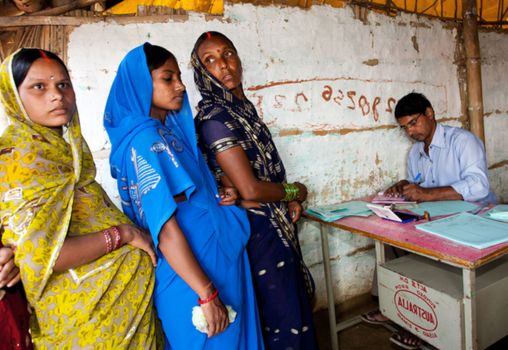Complex and continually evolving, India’s healthcare system is characterized by a blend of challenges, opportunities, and aspirations. Private healthcare providers cater to different income groups with varying levels of accessibility and quality, while the public sector aims to provide affordable healthcare for the masses.
The infrastructure comprises government-run hospitals, primary health centers, private clinics, and advanced tertiary care facilities. However, a socio-economically and culturally diverse population of over a billion people poses unique hurdles that the healthcare sector must cross.
Medicine is as cultural as it is scientific. With various reports of gender-based inequities in healthcare, there is a growing concern that gender bias within the Indian healthcare system hampers efforts to provide high-quality equitable healthcare to all. Societal norms and systemic biases contribute to unequal access, treatment, and outcomes for individuals.
Health in India is strongly influenced by gender for both women and men. According to a study published in the British Medical Journal, millions of women are not able to access the health care they need. The evidence further indicates that younger (30 and below) and older (60 and above) women and those living further away from the hospital face extensive discrimination.
Furthermore, according to the findings of the fifth round of the National Family Health Survey (NFHS-5), released in May 2022, 60 percent of Indian women are unable to access medical care due to inadequate infrastructure and health personnel.
Further analysis of the data indicates that the non-availability of female health providers in primary health centres causes serious apprehension in women with regard to seeking care.
Endeavours to reform India’s healthcare system and address gender bias require a comprehensive and holistic approach. In order to increase awareness among healthcare professionals, gender-sensitive training must be integrated into medical education.
Gender disaggregated data collection can be the key to identifying disparities and promoting diversity and inclusivity in clinical research. Moreover, encouraging patients to express concerns and preferences can make healthcare more collaborative and inclusive of all genders.
Eliminating gender bias in healthcare is crucial for a successful journey toward an equitable and inclusive nation. This journey is not only a moral obligation but an essential one. As the nation strives towards social progress, health equity has become a cornerstone in its commitment to provide fundamental rights to all, regardless of gender identity.
By Ira Sharma
